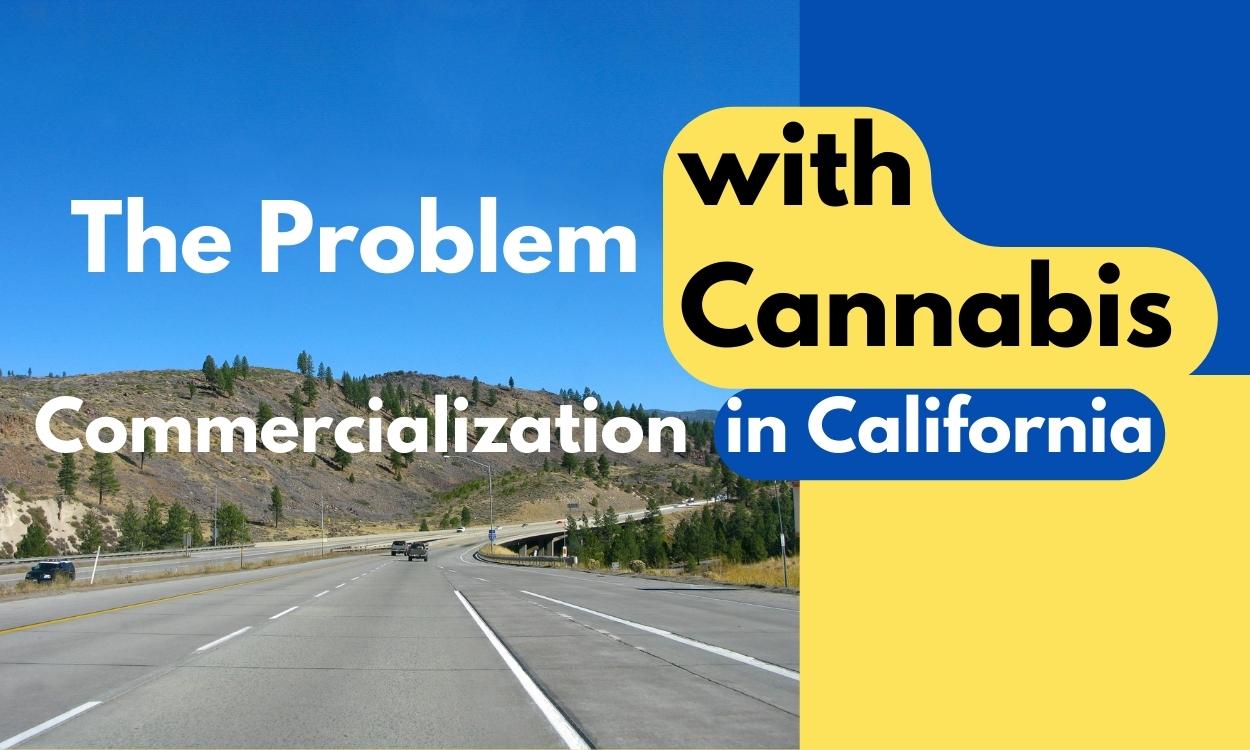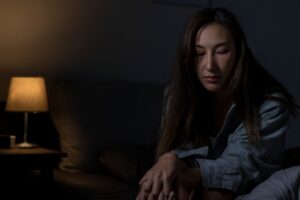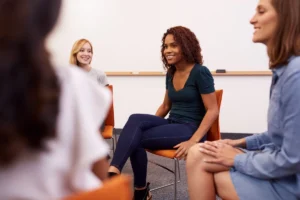
California has led the way in terms of legalizing recreational cannabis. Since 1996, medical legalization has been in place, making it the first to pass such a law. Medical marijuana dispensaries and medical marijuana policies were a stepping stone to recreational cannabis laws in California and other states, including Colorado and Washington.
Since cannabis is recreationally legal in California, local governments can’t prevent adults from growing, transporting, or using it for their personal use.
At the same time, commercial activities can be regulated and blocked by local governments under recreational cannabis legislation.
When the California government legalized marijuana, growers and suppliers were required to register, comply with all regulations, and apply for permits.
The state’s regulatory agencies initially included the Bureau of Cannabis Control, the Department of Food and Agriculture, and the Department of Public Health. As of 2021, they merged under the Department of Cannabis Control.
While attitudes are broadly shifting as far as the use of marijuana, some worry about the impacts of recreational cannabis legalization, especially on American teens and teen drug abuse rates.
The Cons of Legal Recreational Marijuana
More than half of adults in the United States say they’ve tried marijuana, even though it remains an illegal drug federally. In 1969, public support for legalizing marijuana was only 12%. Now, it’s nearly 70%.
Proponents of cannabis commercialization and legalization say retail sales add billions to the economy and create jobs. Those in favor of legalization also say it frees up police resources and reduces some of the racial disparities in enforcement.
Opponents have their viewpoints, however.
- Those who are against legalizing marijuana say that it creates high costs for taxpayers and society that outweigh the tax revenues. Those cited costs include emergency room visits, medical care, drugged driving victims, and addiction treatment.
- Following recreational legalization, related traffic deaths went up 62% in Colorado. Law enforcement spoke up, saying what’s happening is the legalization of a product that creates more impaired drivers on the roadway, more visits to the emergency department, and more deaths.
- While not as addictive as some substances, we know that dependence on the drug occurs. The number of people addicted to and dependent on marijuana is likely to grow as legalization expands.
- Heavy cannabis users can experience withdrawal symptoms, including insomnia, anxiety, nausea, and depression. This is similar to any other substance use disorder.
- The National Institute on Drug Abuse believes as many as four million people in the U.S. currently meet the criteria of a marijuana use disorder.
- There are also opportunities for black market cartels to offer lower prices on marijuana and undercut legitimate sellers. With the tax structure in many states with legalized cannabis, it’s not difficult to do.
“Big Marijuana”
The concept of the “Big Marijuana” industry is also one that floats around. When you commercialize a substance like marijuana, there is a fear that there will be targeting of children and young people and exploitation for profit.
- It’s similar to Big Tobacco.
- For years tobacco companies were marketing their products that explicitly appealed to children and young people with characters like Joe Camel.
- We already see with cannabis commercialization that products include marketing with bright colors and sweet flavors.
- Marijuana retail sales include lollipops and gummies, and candy bars, which hold appeal for middle and high school students.
A study published in JAMA Psychiatry in 2019 found small increases in heavy and detrimental marijuana use among American teens with access to legal shops during the study period. Based on the observational study, there were also small increases in cannabis use disorders among adults.
- Researchers looked at data from a national survey to understand marijuana use patterns.
- The study found among teens between the ages of 12 and 17; problematic marijuana use was 25% higher when states legalized it.
- The researchers were careful to say they weren’t suggesting that marijuana not be legalized, but it did give pause to some when seeing the effects on secondary school students and teens.
The issue with legalizing any psychoactive substance is that it makes it more readily available. While there are age restrictions to purchase it in states where there’s cannabis commercialization, teens can often find ways around that.

Self-Medicating with Marijuana
The other glaring problem is that when something is legal, we tend to see it as being safer than what it is in reality.
For example, consider alcohol. Alcohol is one of the deadliest substances available, and it contributes to numerous deaths and diseases. Still, since it is legal, we see it as more socially acceptable than something like heroin.
The same can be true of substance abuse related to prescription drugs. Opioids are among the most dangerous substances in America, but many view them as less harmful than illicit drugs because they’re available as a prescription.
Prescription drug misuse has killed hundreds of thousands of Americans. This isn’t to say that marijuana is as harmful but instead that our perception can shape attitudes towards drugs with risks.
Many people who self-medicate with marijuana will usually have the same issues they’re self-medicating for (such as anxiety & depression) become a much bigger problem in the long-term due to their marijuana use.
Adolescent Marijuana Use
The teen years are when young people explore the world around them and take risks. Teen drug abuse rates tend to be fairly high because they often seek out independence. Unfortunately, some of their risk-taking can have adverse effects.
In 2019, according to the Centers for Disease Control and Prevention (CDC), 22% of surveyed high school students said they’d used marijuana in the past 30 days. The percentage of students who said they’d used it in their lifetime was 37%. It’s not uncommon for 8th graders and middle school students to also report regular marijuana use in addition to older teens, such as 10th graders through 12th graders.
While there can be risks of using marijuana no matter a person’s age, these tend to be greater in teens.
- Using marijuana puts teens at risk of developing mental health issues, including depression and social anxiety.
- Some people develop temporary psychosis. There’s an association between marijuana and schizophrenia when people start using it early in life.
- Driving under the influence can be a major risk with marijuana. Marijuana, much like alcohol and illicit drugs, affects reaction time, coordination, and concentration.
- Around three in 10 people who use marijuana products meet the diagnostic criteria for a cannabis use disorder. Symptoms of a marijuana use disorder include trying to quit or cut back unsuccessfully and giving up other activities to use the drug. When they begin using cannabis, the younger someone is, the more likely they are to develop a marijuana use disorder.
- Teens regularly using marijuana can experience problems focusing and maintaining attention, difficulties with problem-solving, and memory and learning issues.
- The teen brain actively continues developing until around age 25. Cannabis exposures in the teen and early adult years can be harmful to a developing brain.
- While initially, marijuana use can solve problems in the short term, like depression or anxiety, over time, it worsens these issues. It can also serve as a gateway to other drugs, including illicit drugs for some young people.
The Final Word
While we don’t know the full ramifications for American teens, we know that cannabis commercialization can negatively impact younger people and teens.
We have to be mindful going forward of what harm can stem from the commercialization of marijuana, particularly for younger age groups. Teen drug abuse can have unintended implications related to recreational cannabis commercialization and recreational marijuana legalization.
If you’d like to learn about treatment for marijuana use disorders or any other substance use disorder, please contact Anchored Tides Recovery at 866-600-7709.































